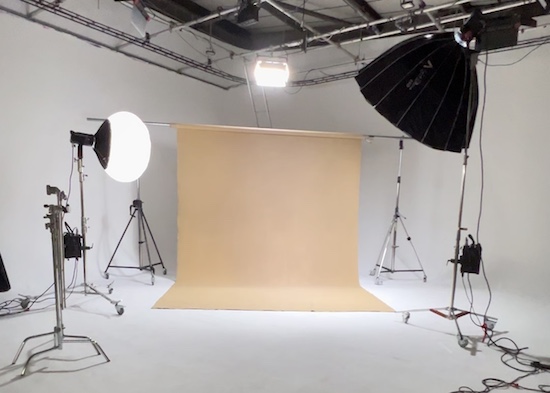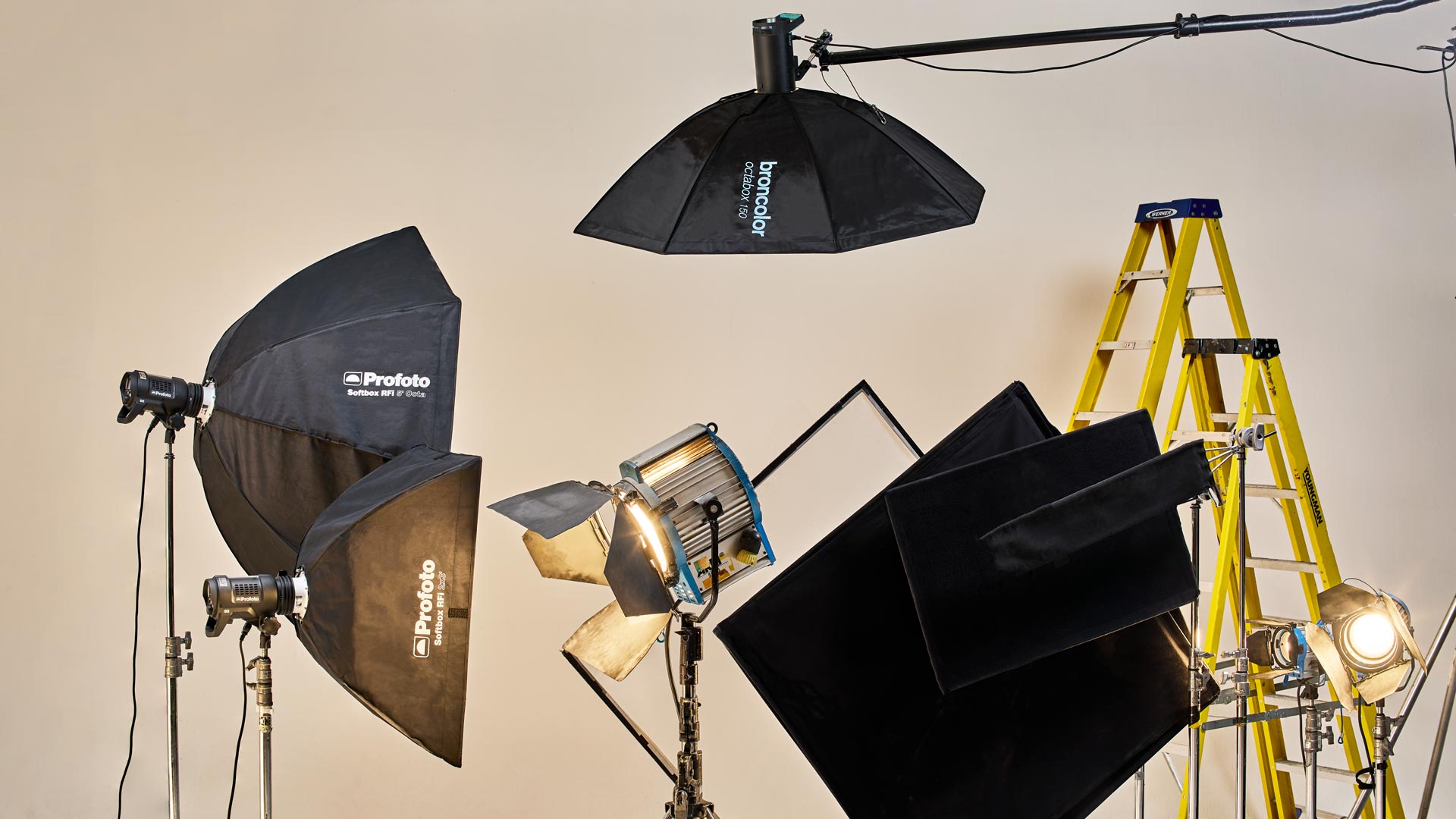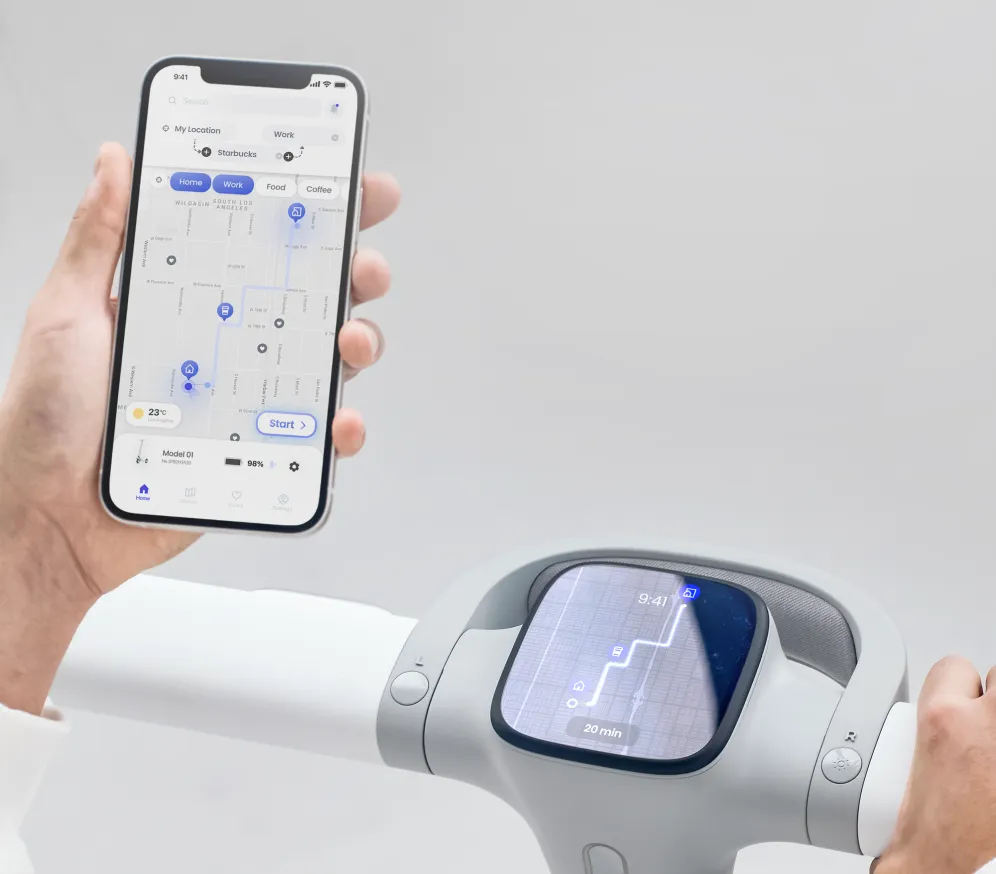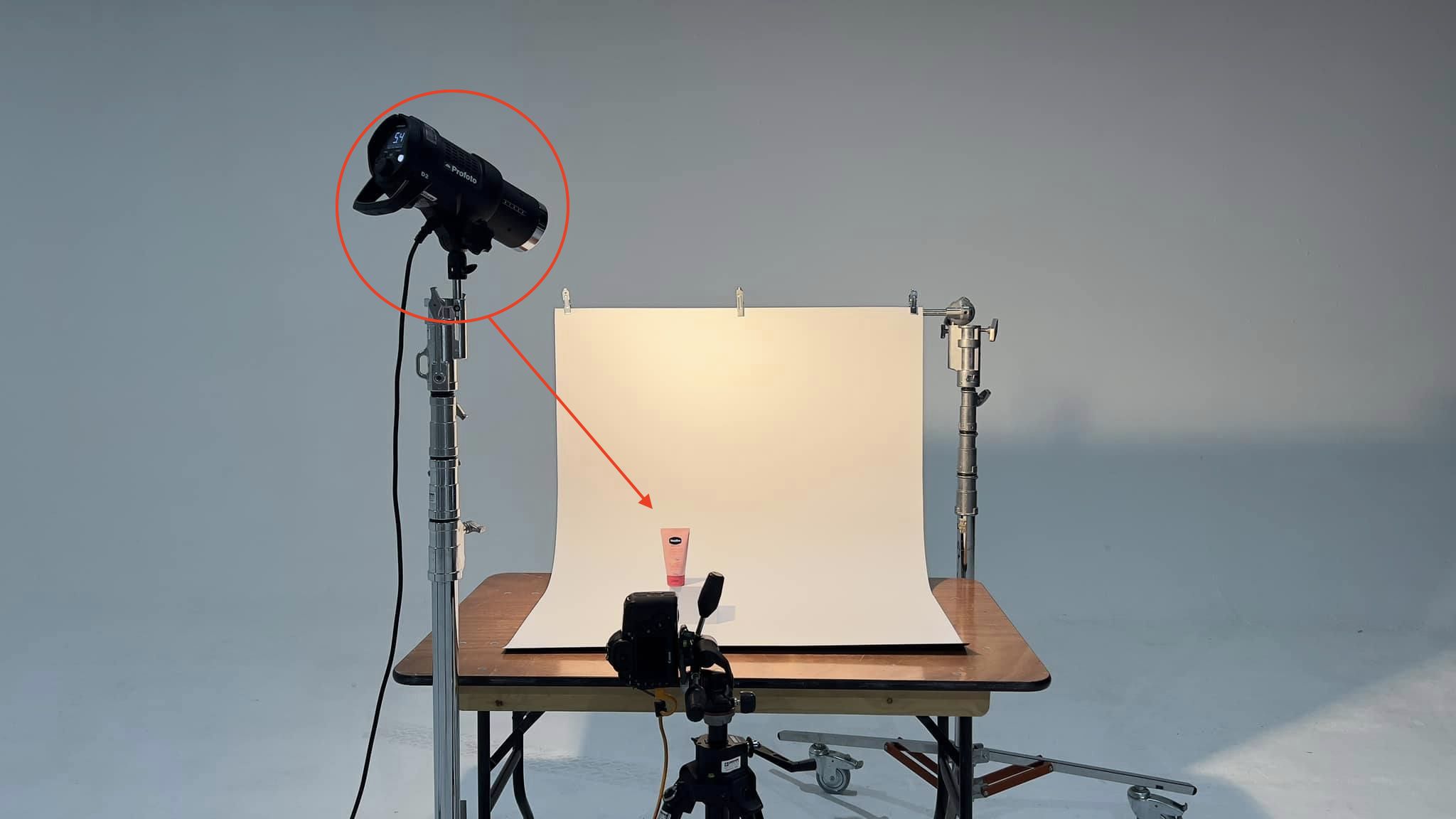What is Product Photography and Why You Should Hire a Photography Studio?

Table of Contents
ToggleIn the dynamic world of e-commerce and digital marketing, product photography has emerged as a critical component for driving sales and capturing customer interest. Product photography is the practice of photographing a product with the intent to display it attractively to potential buyers. These images are often used on e-commerce websites, social media platforms, advertisements, and catalogs. Given the visual nature of online shopping, high-quality product images can significantly influence a customer’s purchasing decision. This article explores what product photography entails, why hiring a professional photography studio is beneficial, and the various types of photography services that businesses can leverage.
Understanding Product Photography
Product photography involves capturing images of products in a manner that accurately and attractively represents them. It requires a keen eye for detail, technical expertise in handling cameras and lighting, and a creative approach to styling and composition. The goal is to produce images that highlight the features, quality, and functionality of the product, enticing potential buyers to make a purchase.
Key Elements of Product Photography
Lighting: Proper lighting is crucial to highlight the product’s features and eliminate shadows. Different lighting setups can create various moods and emphasise different aspects of the product.
Background: A clean, distraction-free background, often white, ensures that the focus remains on the product. However, lifestyle photos may use more complex backgrounds to show the product in use.
Angles and Perspectives: Multiple angles and close-up shots provide a comprehensive view of the product, helping customers understand its dimensions, features, and usability.
Editing and Retouching: Post-production work is essential to enhance image quality, correct colour, and remove any imperfections.
Why Hire a Professional Photography Studio?

Professional Photography Studio
Hiring a professional photography studio offers numerous advantages, particularly for businesses aiming to present their products in the best light. Here are several reasons why this investment is worthwhile:
1. Expertise and Experience
Professional photographers possess the technical skills and artistic vision required to create compelling product images. They understand how to manipulate light, angles, and settings to produce high-quality photos that showcase the product’s best features. Their experience allows them to anticipate and solve common photography challenges, ensuring consistent results.

Professional Photography Equipment
2. High-Quality Equipment
Photography studios are equipped with advanced cameras, lighting equipment, and backdrops that are often beyond the reach of amateur photographers. This professional-grade equipment can significantly enhance the quality of the images, ensuring they are sharp, well-lit, and visually appealing.
3. Time and Efficiency
Outsourcing product photography to a studio saves valuable time for business owners. Instead of spending hours trying to achieve the perfect shot, businesses can rely on professionals who can efficiently produce high-quality images. This allows companies to focus on other essential aspects of their operations.
4. Consistency
A photography studio can provide a consistent look and feel across all product images, which is crucial for building a cohesive brand identity. Consistent imagery helps in establishing trust and reliability among customers, which can lead to increased sales and brand loyalty.
5. Post-Production Expertise
Editing and retouching are vital components of product photography. Professional studios have skilled editors who can enhance images, correct colour discrepancies, and ensure that the final photos meet high standards. This post-production work is crucial for creating polished and professional-looking images.
Types of Photography Services for Businesses
A professional photography studio offers a range of services tailored to different business needs. Here are some types of photography that businesses can undertake:
1. Product Photography
This involves capturing individual products in a controlled environment with proper lighting and backgrounds. It includes:
- Standard Product Shots: Clean images of the product from various angles on a plain background.

- Detailed Close-Ups: Focused shots highlighting specific features or details of the product.
2. Lifestyle Photography
Lifestyle photography shows products in use, often in real-life settings, to give customers an idea of how they can be used or worn. This type of photography helps in creating an emotional connection with the product and can be particularly effective for items like clothing, accessories, and home goods.
3. 360-Degree Photography
This involves capturing a product from all angles to create a rotating image that customers can interact with online. It provides a comprehensive view of the product, enhancing the online shopping experience and reducing the likelihood of returns.
4. Model Photography
For products like clothing, accessories, and cosmetics, using models can be highly effective. This type of photography shows how the product looks on a person, helping customers visualise how it might look on them.
5. Food Photography
Food photography is essential for restaurants, cafes, and food brands. It involves capturing mouth-watering images of dishes, highlighting textures, colour, and presentation to entice customers.

6. Architectural and Real Estate Photography
For businesses in real estate or those with physical locations, high-quality images of buildings, interiors, and exteriors can attract customers or clients. This type of photography emphasises space, design, and ambiance.
The Importance of High-Quality Product Photos for E-Commerce Startups
For e-commerce startups, high-quality product photos are indispensable. Here’s why:
1. First Impressions Matter
In the digital marketplace, images are often the first interaction customers have with a product. High-quality photos create a positive first impression, suggesting that the product and brand are professional and trustworthy.
2. Enhanced Customer Experience
Detailed images from various angles help customers make informed purchasing decisions. When customers can see the product clearly, they are more likely to feel confident in their purchase, reducing the chances of returns and dissatisfaction.
3. Increased Conversion Rates
Studies have shown that high-quality product images can significantly boost conversion rates. Customers are more likely to buy a product if they can see it clearly and understand its features.
4. Competitive Advantage
In a crowded market, exceptional product photography can set a brand apart from competitors. It can be the deciding factor that persuades customers to choose one brand over another.
5. Building Brand Identity
Consistent, high-quality imagery helps in building a cohesive brand identity. It conveys professionalism and attention to detail, which can enhance brand perception and loyalty.
Conclusion
Product photography is a vital component of a successful e-commerce strategy. High-quality images can captivate customers, convey the value of a product, and ultimately drive sales. Hiring a professional photography studio offers numerous benefits, including expertise, high-quality equipment, time efficiency, consistency, and post-production excellence.
For businesses, especially e-commerce startups, investing in professional product photography is a strategic move that can yield significant returns. From standard product shots and lifestyle photography to 360-degree views and model photography, a professional studio can provide a range of services to meet diverse business needs. In a visual-driven market, outstanding product images are not just an option but a necessity for standing out and thriving.



One thought on “What is Product Photography and Why You Should Hire a Photography Studio?”